| I am on the last leg of my air flight home. My trip to Honduras is over. Last evening we had a farewell party at Radio Progreso with food and dancing. This morning, we thanked and gave gifts to the many staff persons who watched over us, prepared our food, and made us feel comfortable. At both events there were lots of hugs and promises of long term commitments to the people of Honduras. Looking back, I know I will not forget this week. Some scenes are burned into my memory. I still see the group of young people forming a roadblock to register their protest against the fraudulent election. I see them facing some 100 heavily armed national and military police, many of the police wearing black masks. And then the sudden charge and the lobbing of teargas with the young people fleeing into the woods. Later I looked at one of the fallen teargas canisters and saw it was made in the United States. My next memory is closely related to the first. After our meeting at the US Embassy, I spoke with a senior staff person and expressed my concern about routinely deploying some 100 heavily armed police with automatic weapons to confront small groups of young, unarmed persons. His only response was that not all demonstrations are peaceful. If he as a representative of the US Embassy isn't concerned about military repression, who will speak up for human rights in Honduras? This was my fourth visit to Honduras. Each time I have been impressed by the people's spirit of joy and love. Speaking for the National Advocacy Center of the Sisters of the Good Shepherd, at the farewells, I promised an ongoing commitment to the people of Honduras. I plan to keep that promise. |
|
2 Comments
Today we held a press conference outside of the U.S. Embassy. At the conference, we called for an end to the violence and death threats to Fr. Melo, S.J., the leaders of the Popular Movement, and the people of Honduras. We expressed our support for the Popular Sector's demand for a National Dialogue for Peace with an International Mediator. We called on the. U. S. Government to end its support of the illegitimate election results. We urged the end of U.S. Security Aid and the Militarization of the Region. We demanded the end to the deportation of Hondurans and all Central Americans from the United States. We pledged our ongoing love and support for the people of Honduras. After the press conference, we met with senior staff of the U. S. Embassy. We shared with them our experience of our meetings with victims and family members of victims of police and military violence. We reported our firsthand observations of police violence. We reported our observation of widespread disbelief in the validity of the election and support for new elections. The Embassy staff saw gradual progress but said they would review the specific instances we brought to their attention. After the meeting, I spoke with one of the staff members of my observation of some 100 heavily armed police and military personnel, some wearing black masks, confronting a group of about 40 young adults and children. He simply replied that not all demonstrations are peaceful. I left feeling that he would not be of help in addressing a problem when he doesn't see it as a problem. I view such a disproportionate response as a display of raw power for the purpose of intimidating citizens and discouraging dissent. 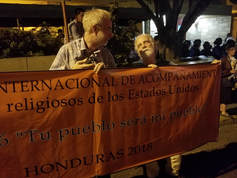 En route from San Pedro Sula to Taigucigalpa, we stopped at Red Camal, the center of a major cooperative movement in Cental America. Over the years, Red Camal has suffered repression and its leaders have been persecuted. At Taigucigalpa, we participated in a major manifestation in front of the American Embassy. Several members of our delegation spoke against the excessive force by the government toward protesters. Because of the flawed election, they joined with other organizations in the call for new elections. Yesterday was a much quieter day than Friday. We accompanied protesters in two different demonstrations. Before we arrived at the first manifestation, reportedly the police had clashed with demonstrators but subsequently worked out an arrangement. The demonstrators could close one lane of traffic but agreed to leave the other lane open. After a couple of hours, the demonstrators asked for us to accompany them home. They feared police could be hiding in the woods and they would be attacked as they walked along. We had about an hour's walk in the countryside. Walking along with the demonstrators, I was reminded again how young they are. It's blatant intimidation to bring out scores of heavily armed police to deal with the situation. When we arrived at the second manifestation, it was in full swing with demonstrators, police, and military police. It too was peaceful. Both road lanes remained open while the demonstrators and the police stood along the sides of the highway. In the peaceful manifestations I attended today, the mood of the crowd was joyful. At least 70 percent of the cars and trucks honked their support. Postscript - see the photo below of the tear gas canister that is Made in the USA. 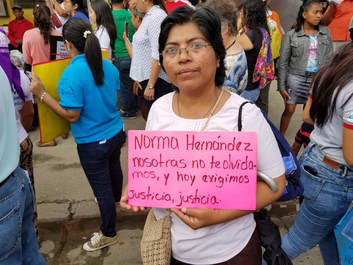 What a day! We began yesterday with Via Cruces (Way of the Cross) where we carried a cross and stopped and prayed at places where protesters had been killed. We also stopped and prayed at the National Police Station (of San Pedro Sula) and the Palace of Justice. Although Lent hasn't begun, the organizers wanted to make use of the opportunity of the presence of international observers. We were there to accompany the relatives of the victims as they made the Way of the Cross. Afterwards we heard presentations by religious Sisters. They described Honduras as a small country where all their natural resources are being taken away. Women are targeted because they are often the leaders. In addition, when the breadwinner is in jail, the women have no money to feed and clothe their families. The Sisters fear that after the upcoming inauguration, the women will be targeted. One Sister said, "The face of the struggle is a woman's face." I then went to where protesters who had created a roadblock of a major road. We met and talked with some of the protesters. Over a 100 police and Military Police with full military gear and many with black masks lobbed over 100 tear gas canisters at a small group of about 40 protesters, some of whom were children. Many of the police were also quite young. Several of the Military Police wore black masks. I do not know the rationale for the masks. After the protesters dispersed, the police pursued them into the woods. I understand one young man was shot. Efforts had been made to negotiate the situation by ERIC, a Jesuit organization. The police response was way out of proportion to the situation. We picked up some of the empty tear gas canisters and they were marked as being made in the USA. On the way back to our residence, I was sitting in the bed of a pickup truck. Suddenly we were going at high speed through side streets. Apparently soldiers had entered the home of the driver and were being abusive to his family. As we came up, the police left. Subsequently, we accompanied the family to the police station to file a report. What a day! 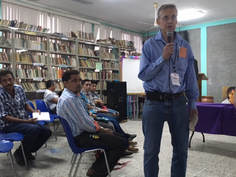 Promise that the National Advocacy Center of the Sisters of the Good Shepherd would keep working for justice for immigrants and for justice for Honduras. Promise that the National Advocacy Center of the Sisters of the Good Shepherd would keep working for justice for immigrants and for justice for Honduras. Today [January 25] I attended a series of meetings where Honduras was presented as having a façade of democracy but in reality is a ruthless dictatorship that resorts to fear, arrests, torture, and "disappearance." Sadly, many human rights organizations concur in this assessment. According to these organizations, when people speak out, they frequently meet with physical beatings and even death. This is especially true of young people. One of the speakers spoke at length of the 700 women who are murdered by gangs each year. According to her, the government does not actively pursue these cases because of a machismo attitude. The lives of women simply aren't valued. Before coming to Honduras, I had expected a greater visibility of police, the military, and hood covered protesters. This hasn't happened. Everything today appears fairly normal. However, there was a protest earlier in the day that we missed. Toward evening, we joined a large peace march led by Fr. Melo. Recently, Fr. Melo has received death threats. Several people have stated that Fr. Melo would have been assassinated if not for the support of the international community. 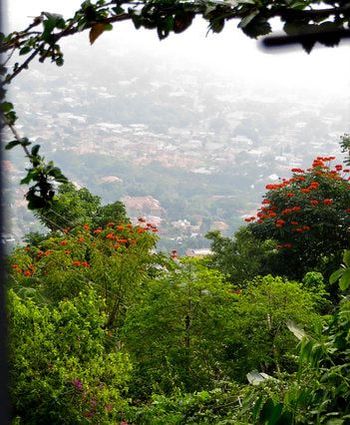 I remember my first flight about 15 years ago to San Pedro Sula airport. I was eager to learn Spanish and was headed to a school in La Ceiba. Alone and with very minimal Spanish, I arrived at the airport not sure what to expect. When I went to get my luggage, l saw a rooster on the conveyor belt looking about as lost as I felt. Grabbing my luggage, I left the terminal in search of a cab to take me into the city where I was to catch a bus to La Ceiba. I suppose I expected a sign saying "Taxis" but I saw nothing to give me a clue. A car came and I mistakenly assumed it was a cab. Later I realized they could have been kidnappers. Fortunately, they were simply a couple of nice guys who gave me a lift into the city. Dropping me off at the bus depot, I climbed into a bus marked "La Ceiba." However, it wasn't the air conditioned non-stop bus I expected but a local bus crowded and hot. I decided to relax and enjoy the local color. At least, I was headed toward La Ceiba. When we arrived, the bus driver told me he didn't have my luggage. In the midst of my disbelief and anxiety, a young passenger came to my aid. He climbed into the underbelly of the bus and came out triumphantly with my luggage. Relieved and overjoyed, I showered him with "Gracias"es. Eventually I checked in with the Montoya family with whom I was staying for three weeks. I had a small room in back with a very small fan. I remember holding my hand over the bed and feeling the heat rise. The family had had two sons, Daniel and David. Sadly they had lost Daniel to gang violence a few years before. Since I had also lost a son, Daniel, I felt a bond with the family and could share with them their grief. The Montoya family was very religious. Each Wednesday evening they hosted a prayer service for their neighbors and members of their parish. I remember their church as being very simple and quite beautiful. Our language school had an outing and I invited David along. He was a very quiet, gentle person. Although we have lost touch, I have prayed that he has stayed safe in a dangerous world. When the three weeks were over and it was time to leave, I felt a great sense of sadness. I had grown to love not only the Montoya family but the people of Honduras. Recently when I learned of the Emergency Interfaith Delegation to Honduras, I knew I wanted to return and be of whatever help I could be. I am looking forward to the coming week. See this press release to set the stage for my trip:  Lawrence Couch, Director of the National Advocacy Center of the Sisters of the Good Shepherd, travels to Honduras on Wednesday, January 24, as part of a 50+ member Emergency Interfaith Delegation to accompany Honduran human rights defenders as they mobilize and demonstrate against the fraudulent presidential election in November. On January 27, Juan Orlando Hernandez will be sworn in for a second term despite many questions surrounding the election and in spite of the Organization of American States’ call to hold new elections. “Since the November election, Honduras has seen widespread civil unrest and protests. Human rights and religious leaders have been threatened and the media harassed. But most in the United States have not noticed,” said Couch. “I leave for Honduras to be in solidarity with its people. I carry the love and compassion of the Sisters of the Good Shepherd in North America. I hope to serve as a witness and to share what I witness with the sisters and with Members of Congress upon my return.” During the 7-day trip, Couch will send back photos, thoughts and observations that the National Advocacy Center will share on its website, Facebook and Twitter accounts. The delegation was formed following an appeal to the international faith community from Jesuit Fr. Ismael “Melo” Moreno, who has accompanied the Honduran people for more than 20 years. Fr. Melo appealed: "We need you to organize delegations that will come to accompany us, to witness what is happening here and to share it with the world." Fr. Melo has received several death threats and his Jesuit radio station, Radio Progreso, one of the last independent media in the country, was sabotaged in mid-December, its transmission tower destroyed. Thirty people have been killed in the violence; hundreds have been injured and detained. Couch and the delegation will collect testimonies and be present to witness repression in advance of and during Hernandez’s inauguration in Tegucigalpa, where they will lend support to the faith communities in Honduras. The Good Shepherd Sisters of Honduras have maintained a presence in Tegucigalpa for more than 50 years, assisting the most impoverished and deprived women, children and their families by offering education, counseling and employment opportunities. Their principal aim is to create economic independence and sustainable livelihoods for the women. The National Advocacy Center educates and advocates on social justice issues for the transformation of society to the benefit of all people reflecting the spirituality, history and mission of the Sisters of the Good Shepherd. NAC advocates at the Federal level for people living in poverty, immigrants, victims of human trafficking, victims of domestic abuse, and other vulnerable populations. The Sisters of the Good Shepherd was founded in France in 1835 and are in over 70 countries on 5 continents and have had a presence in the United States for over 175 years. With a presence in 22 states and 1 U. S. Territory, the Sisters and their Lay Mission Partners have dedicated themselves to serving girls, women and families who experience poverty, exploitation, vulnerability and marginalization. -30- |
AuthorLawrence E. Couch serves as the director and lobbyist for the National Advocacy Center of the Sisters of the Good Shepherd. Want more? Sign up for updates, resources, action alerts. Rise Up & Act for Justice.
Archives
March 2021
Categories
All
|

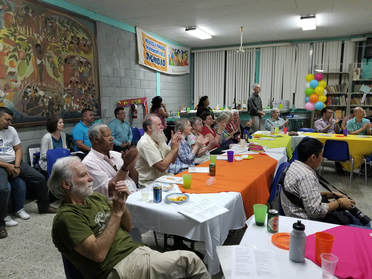
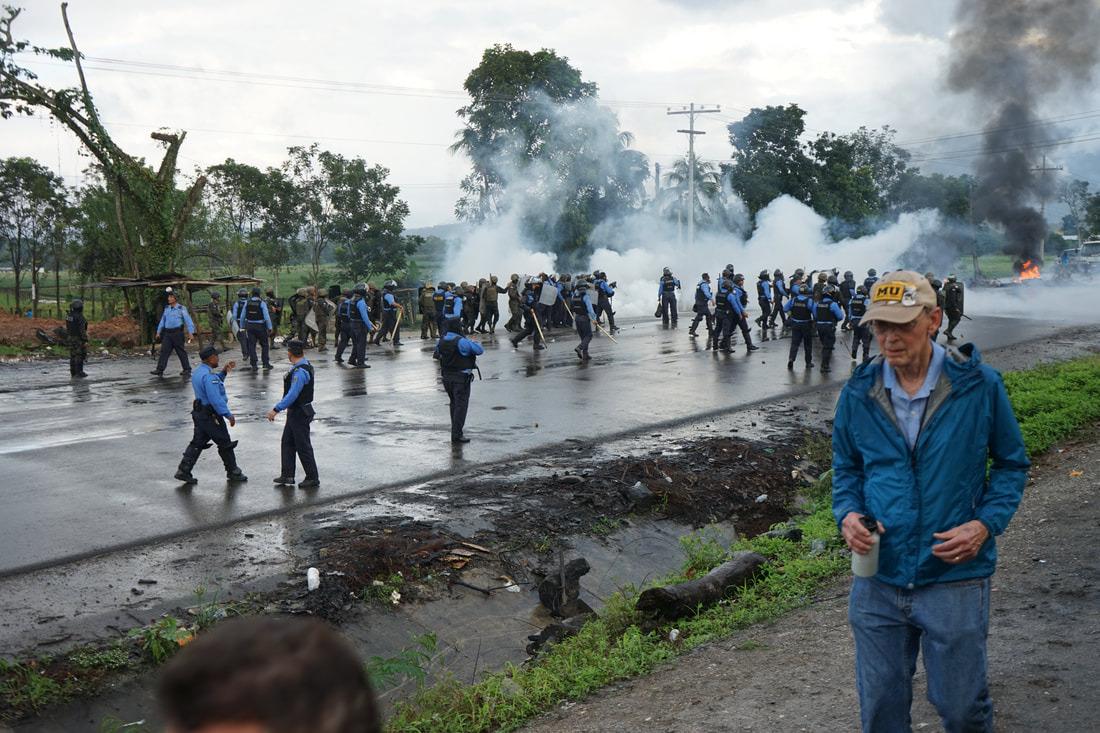
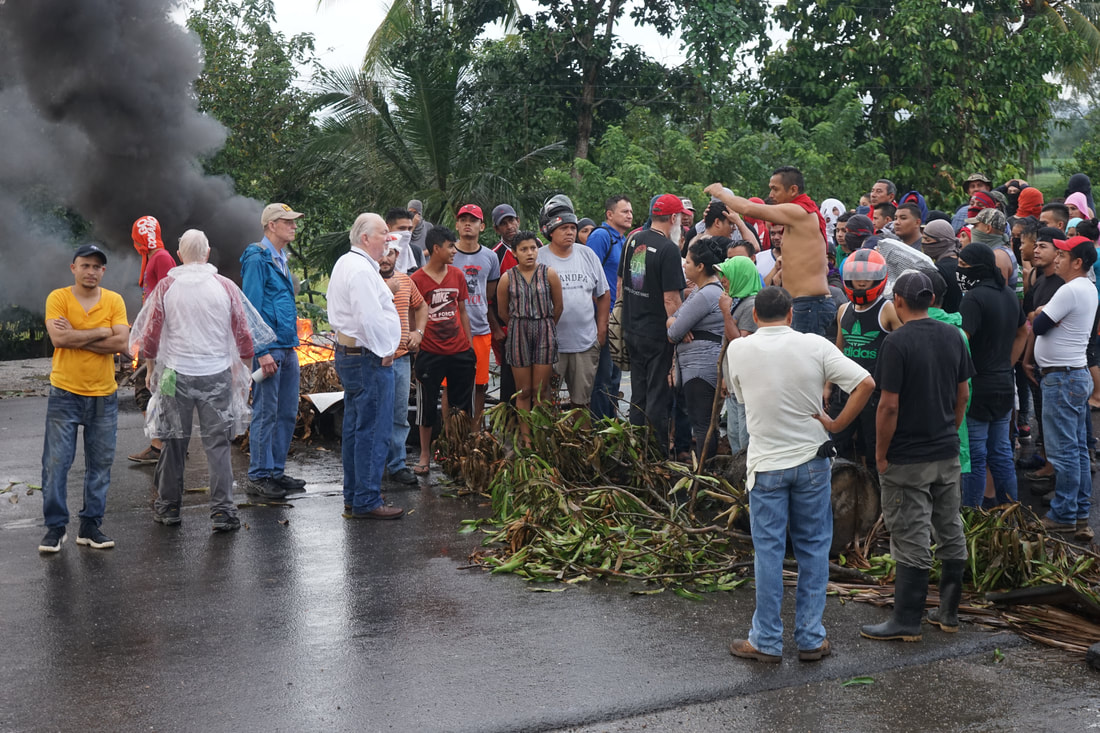
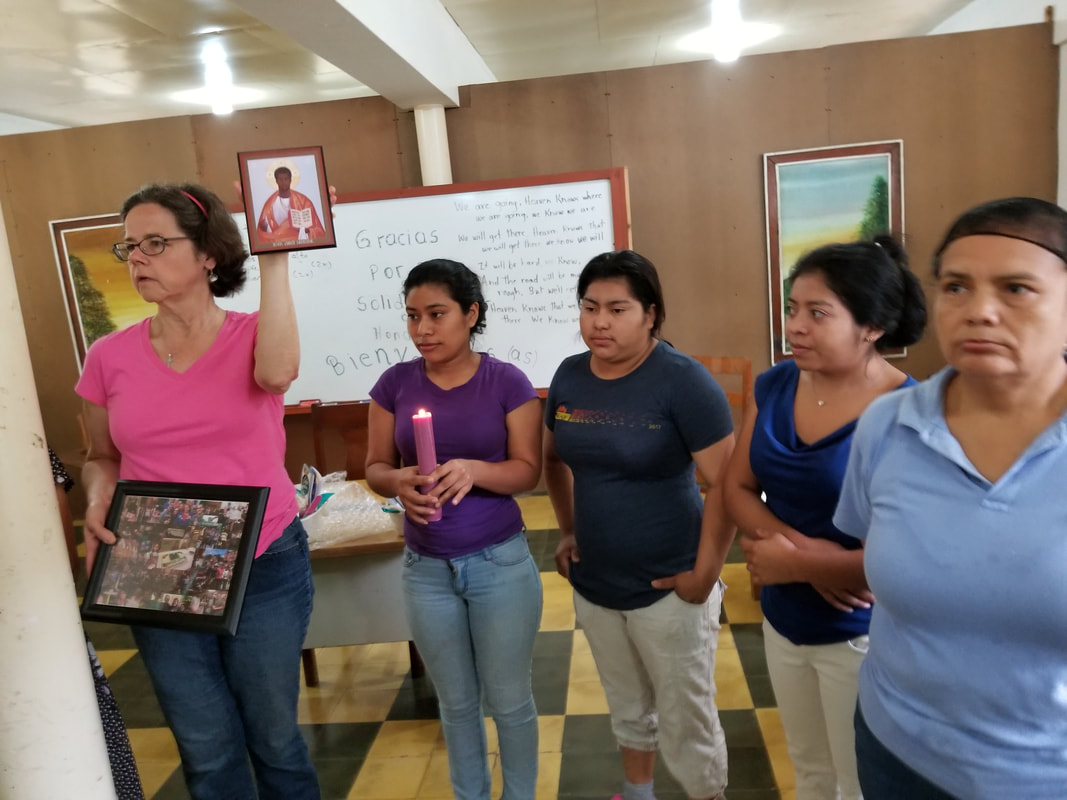
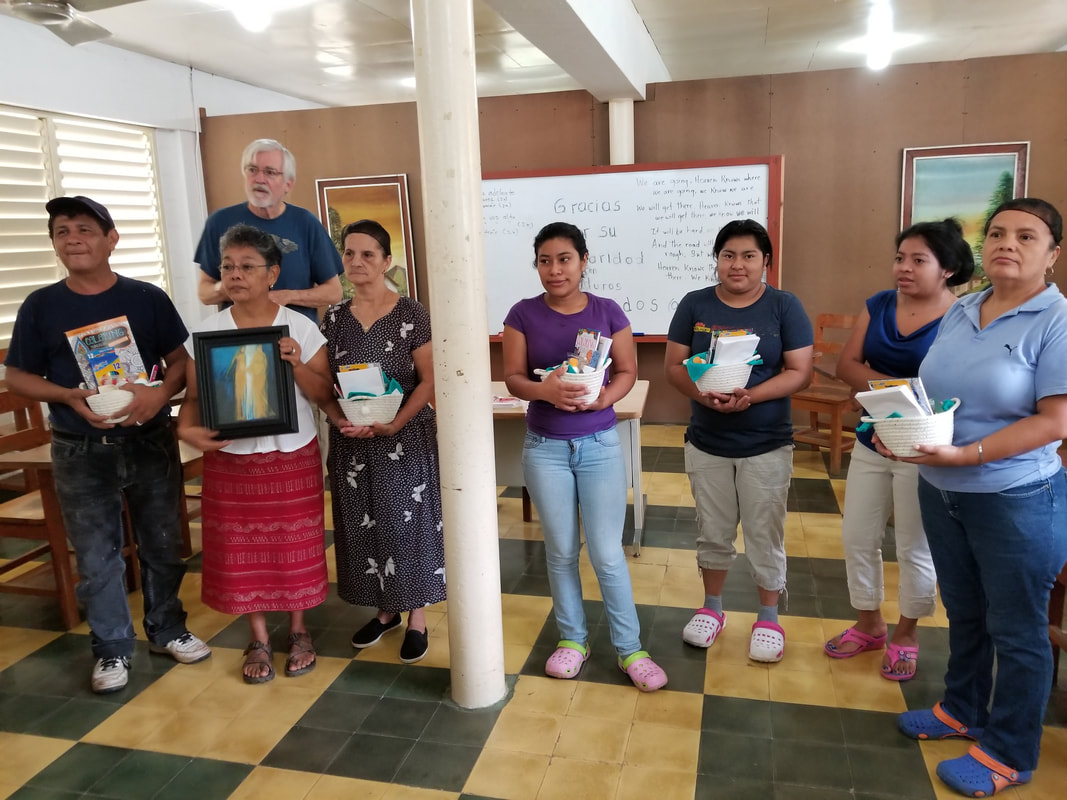
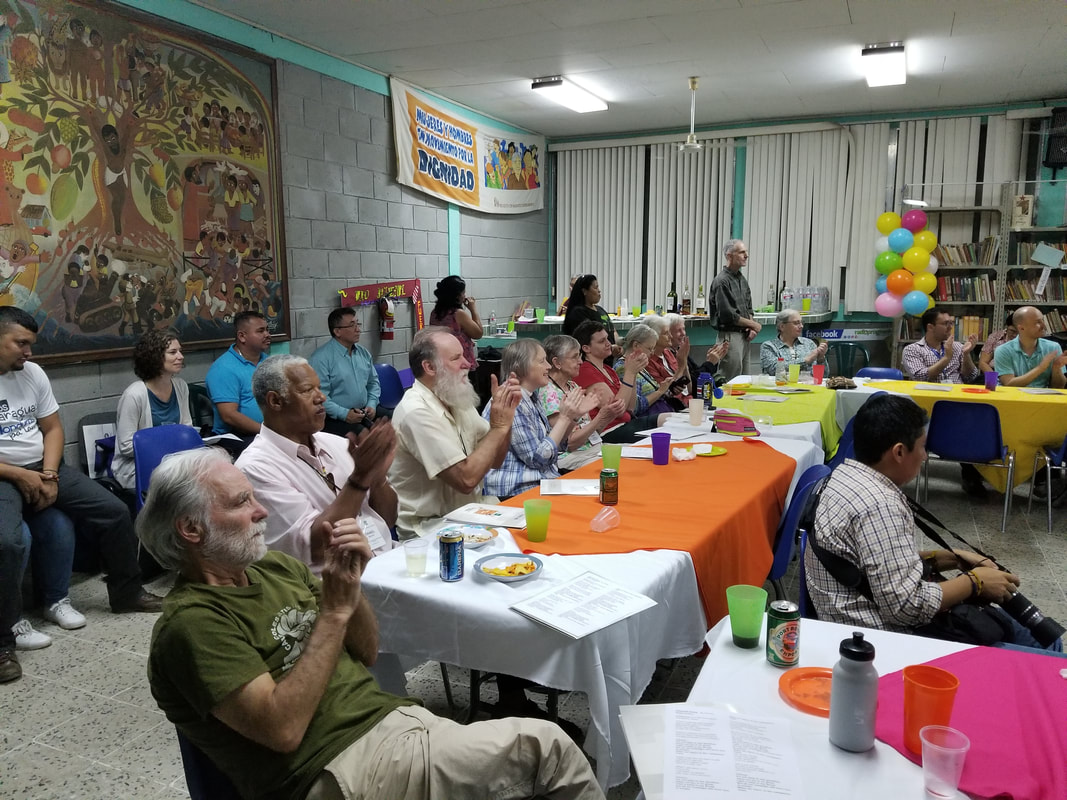
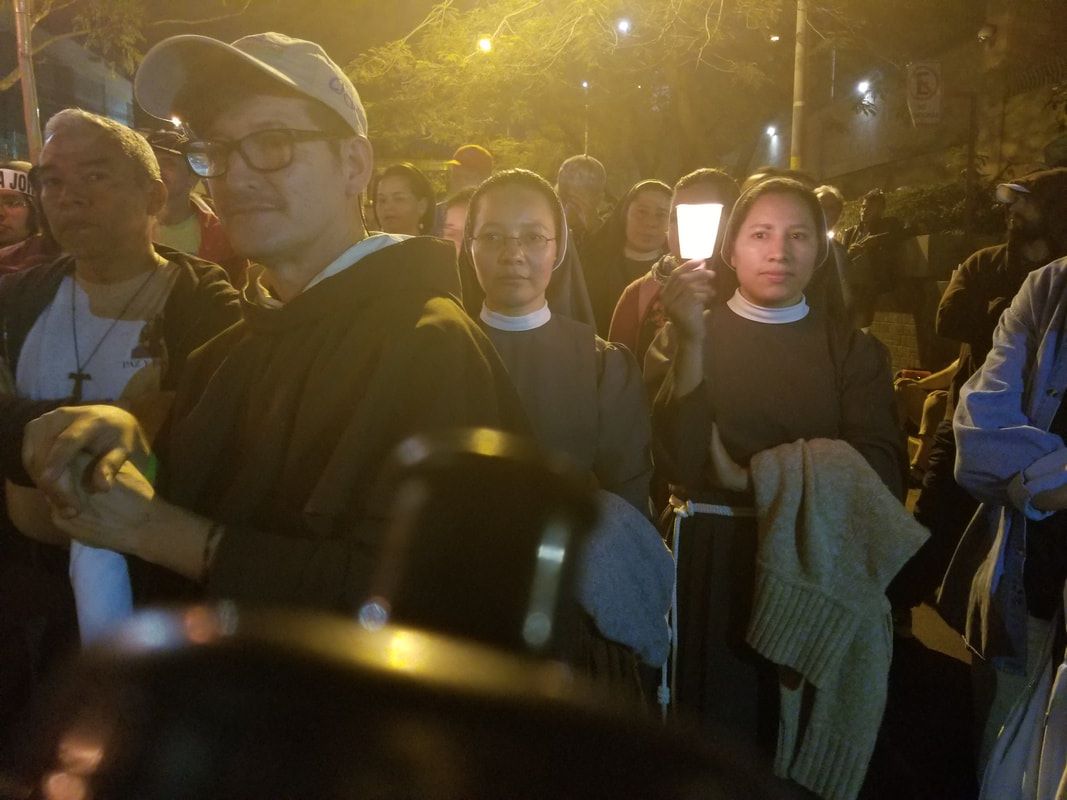
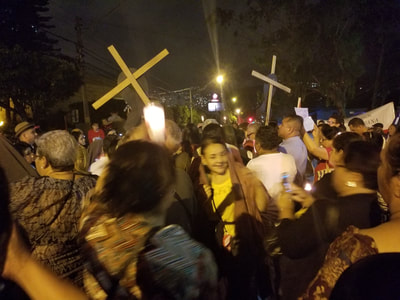
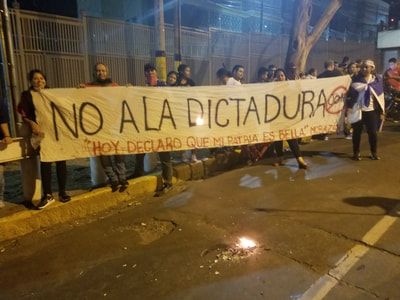


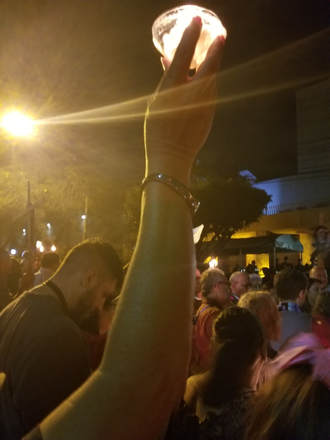
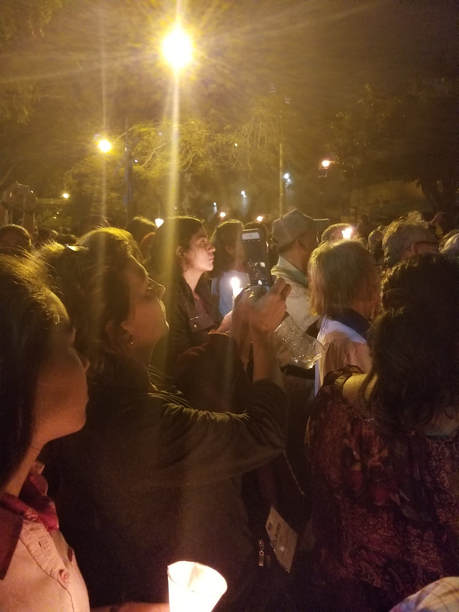
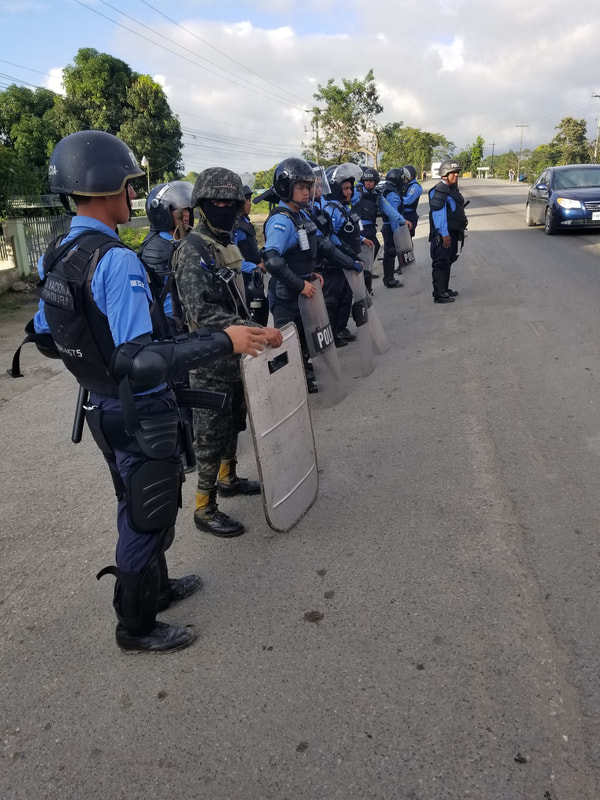
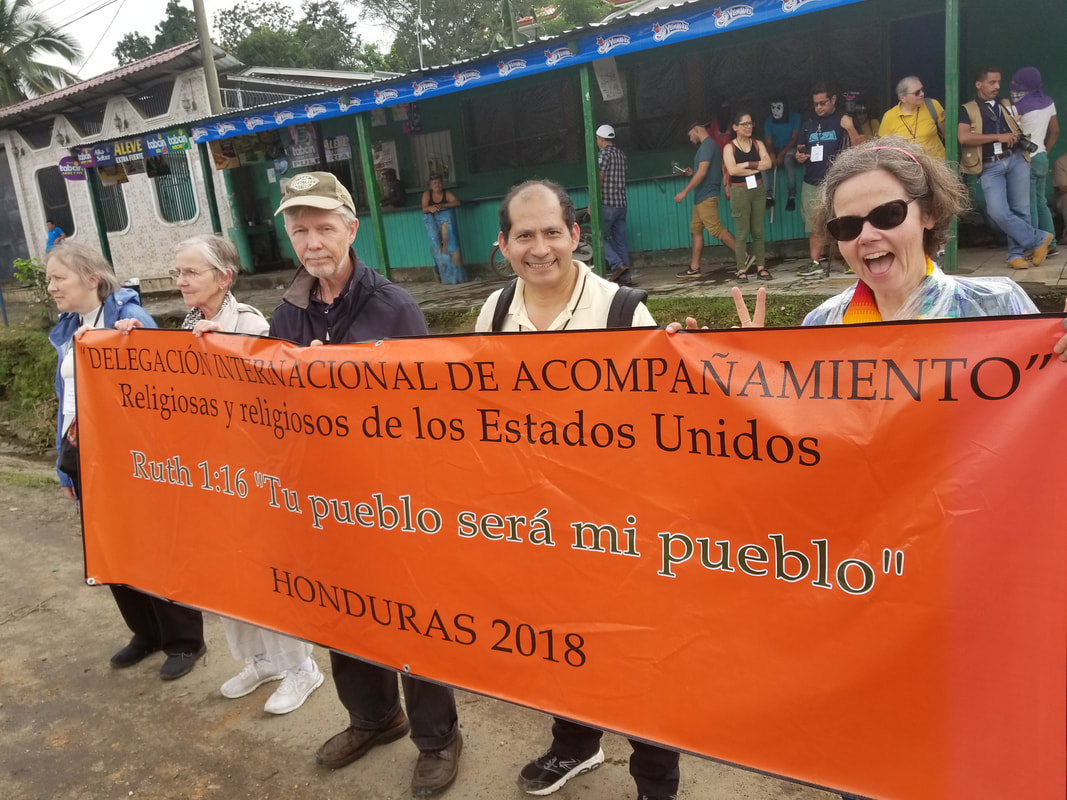
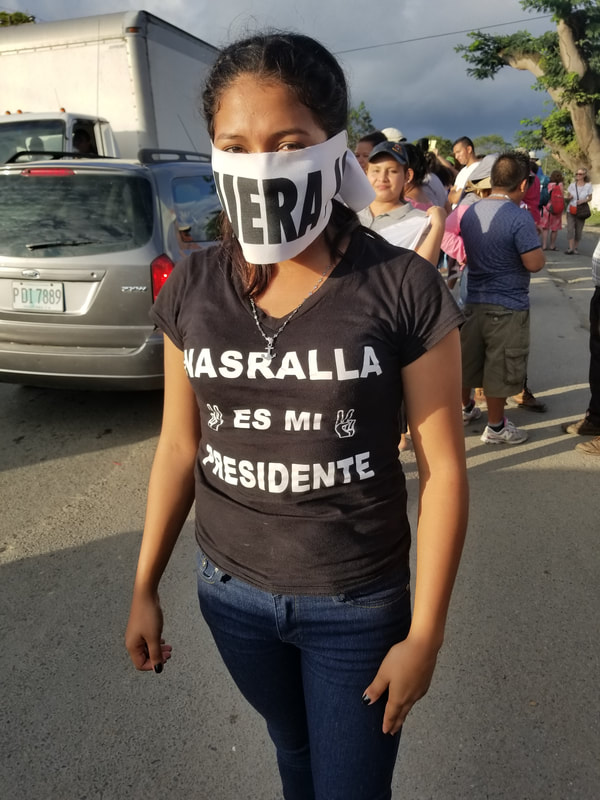
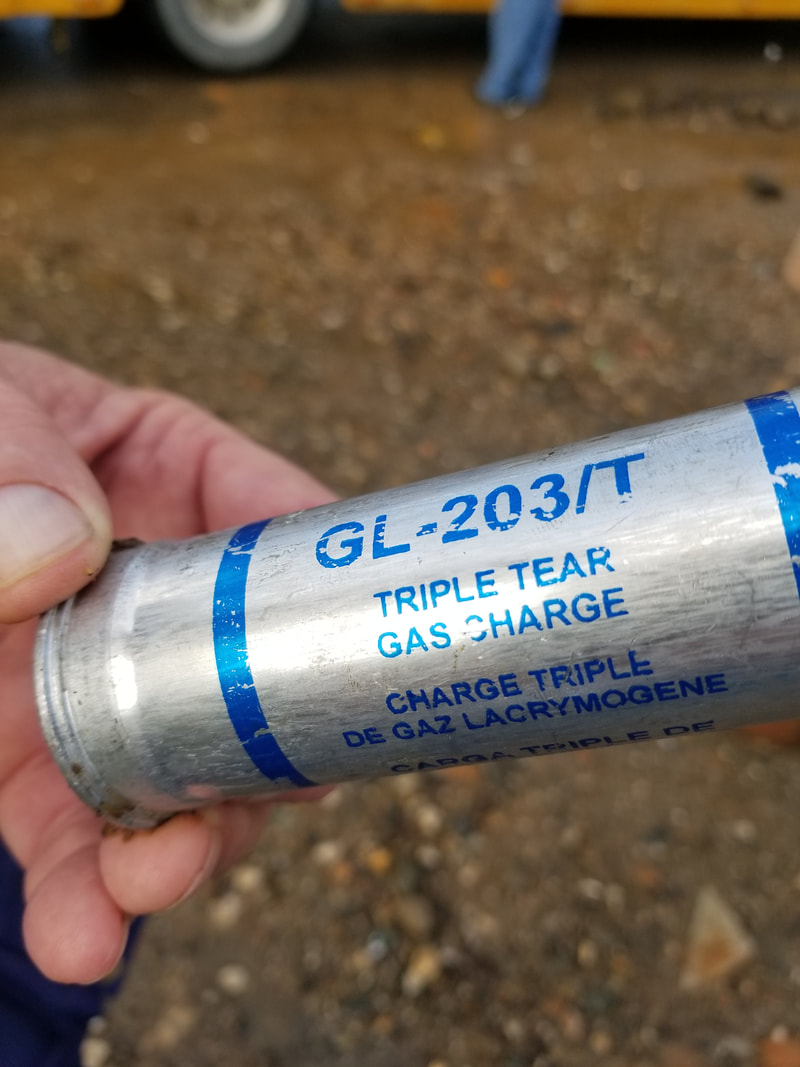
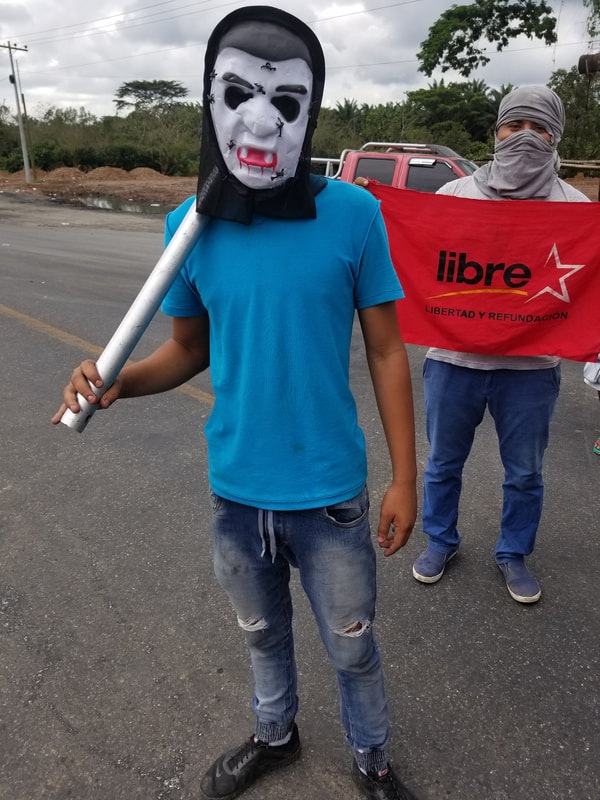
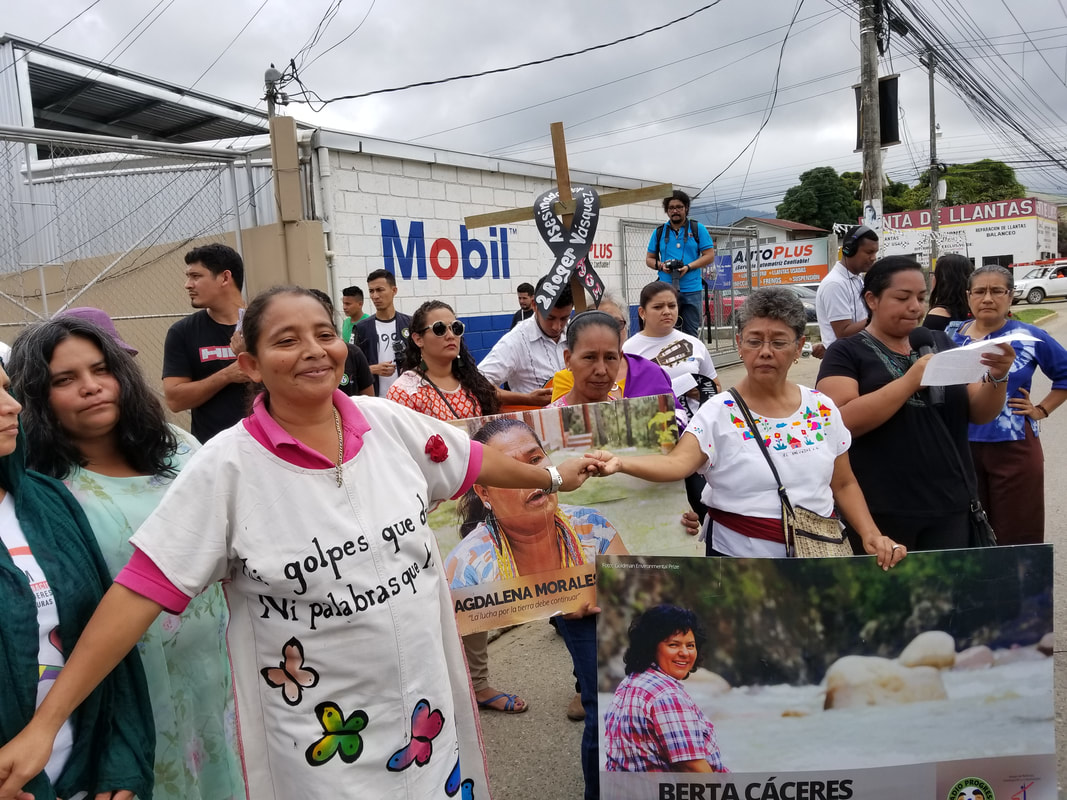
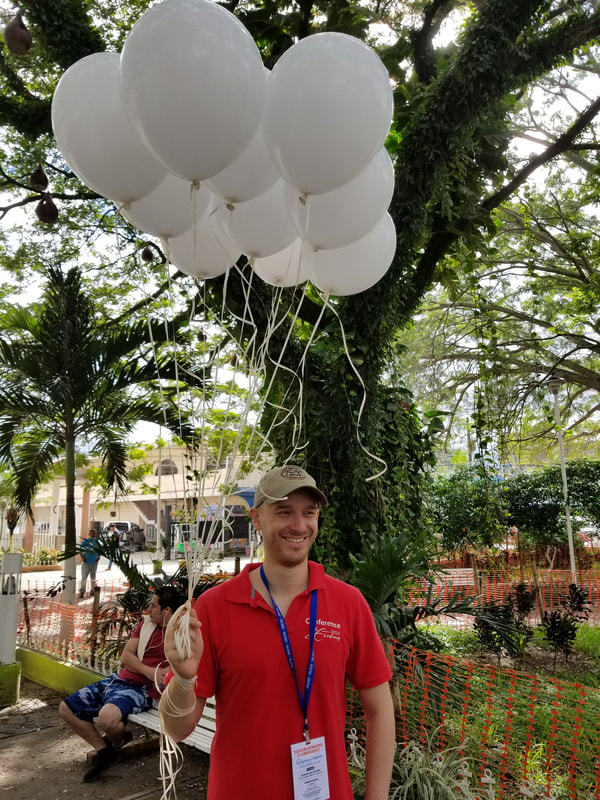
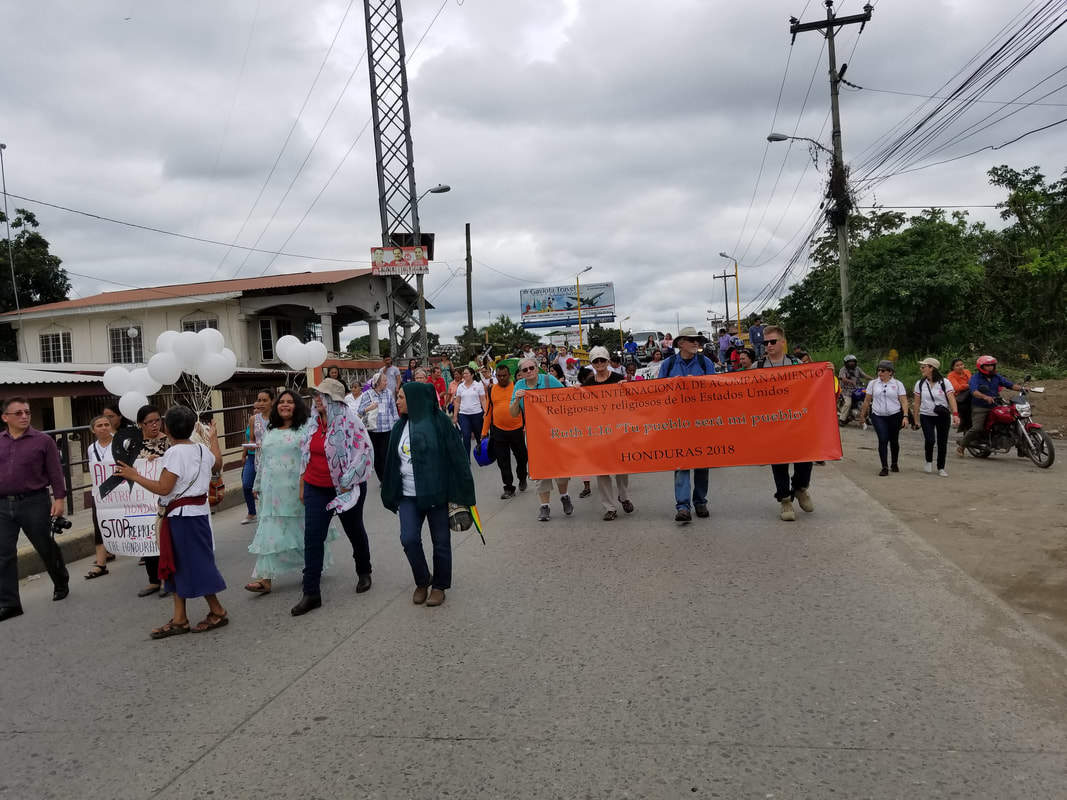
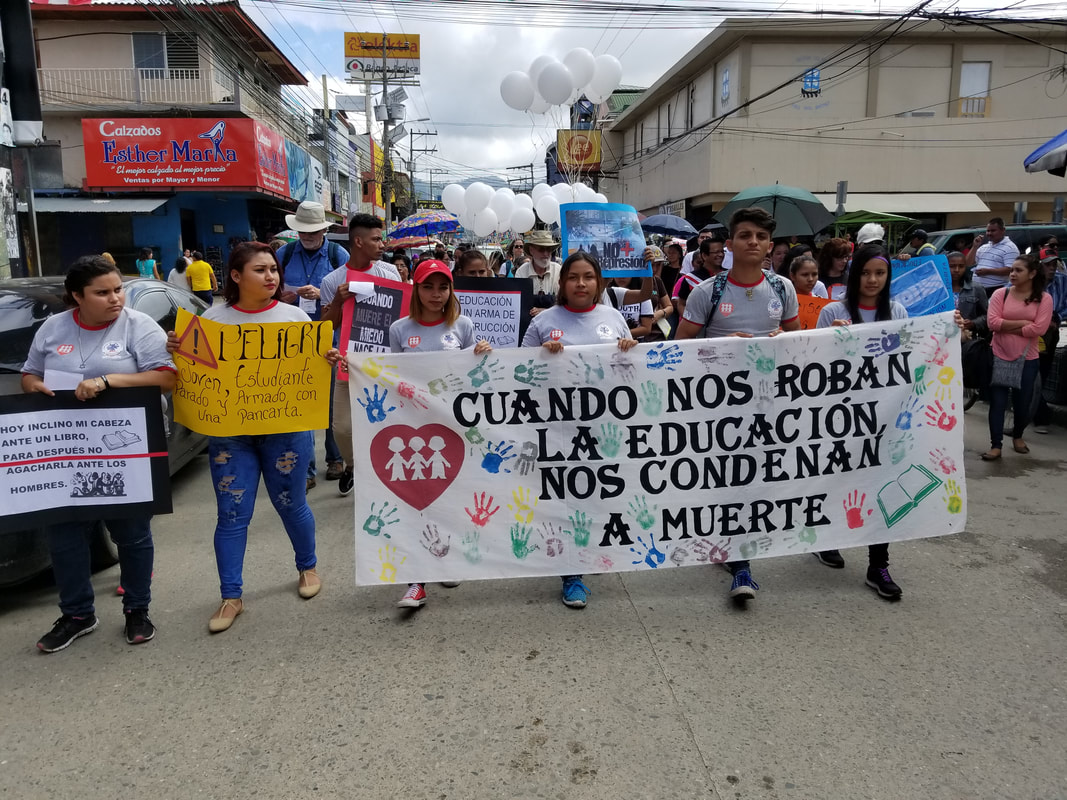
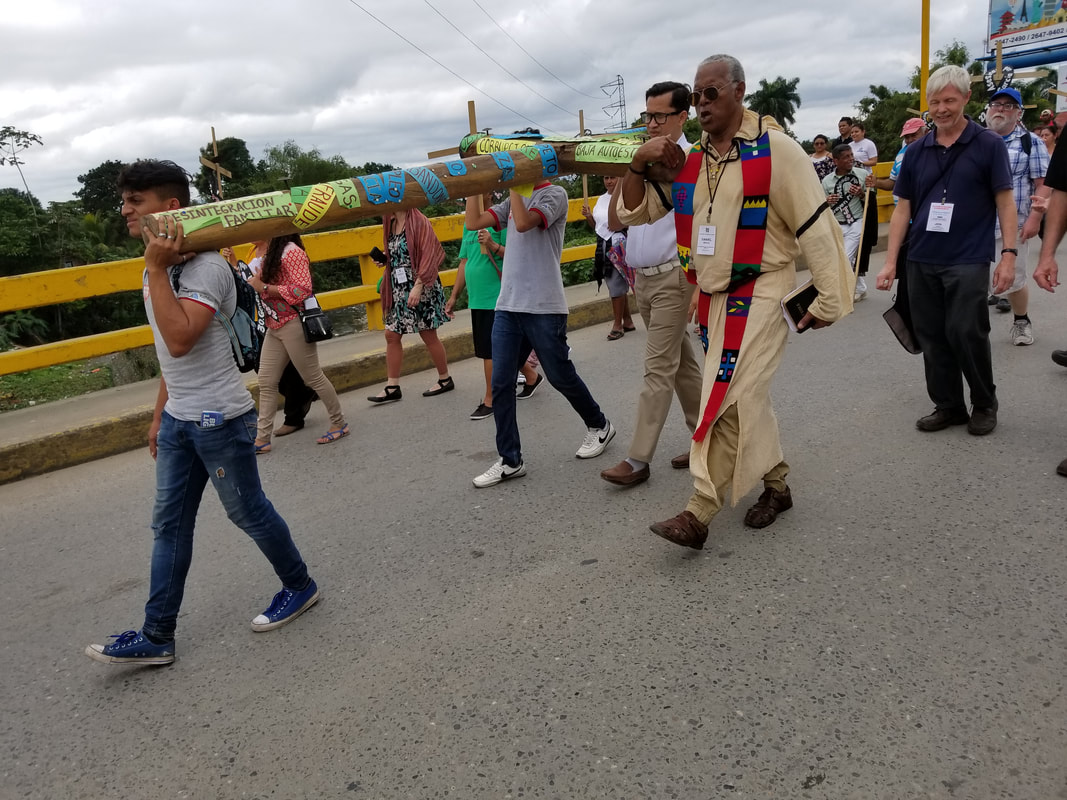
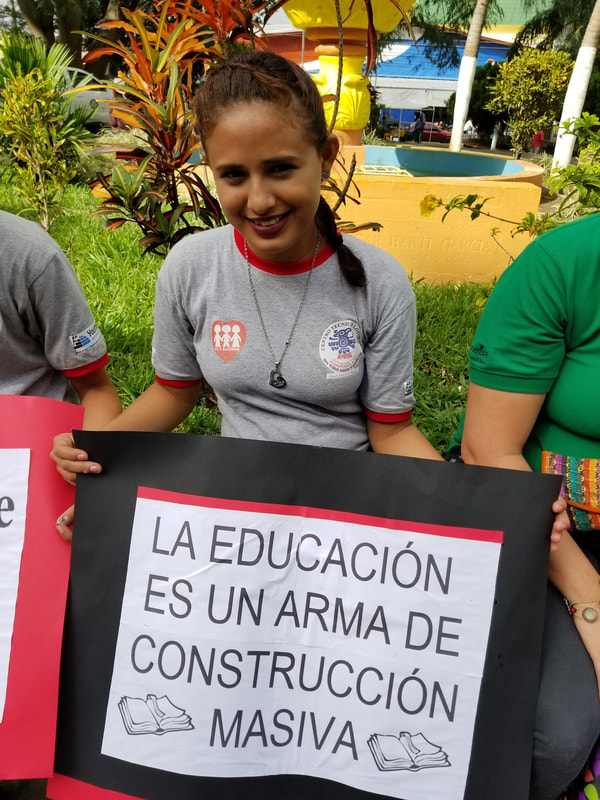
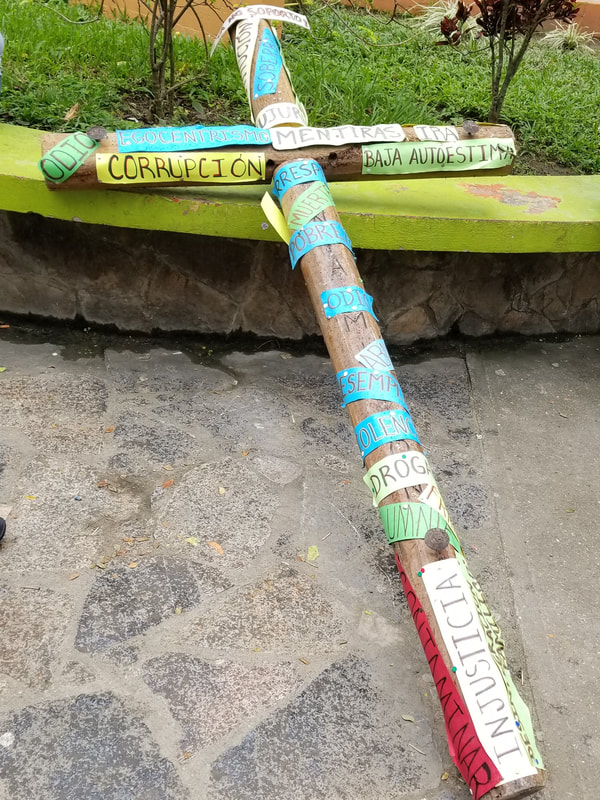
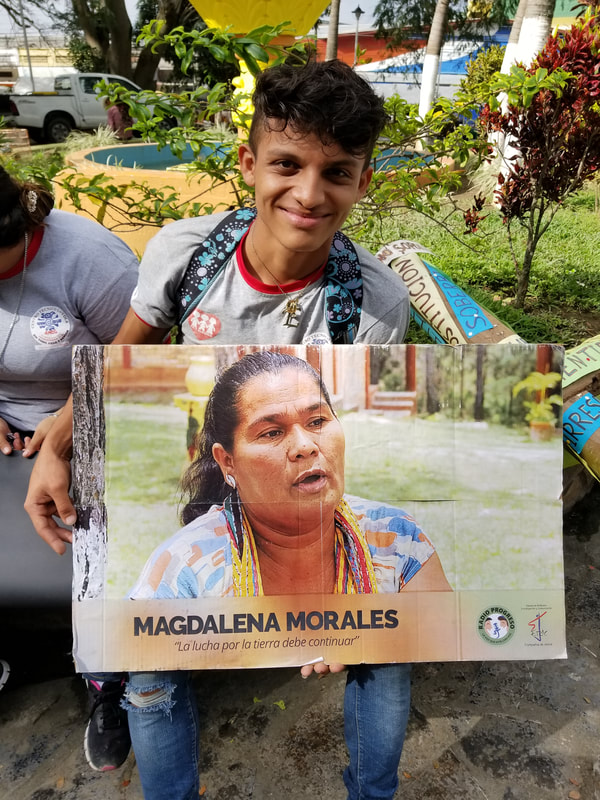
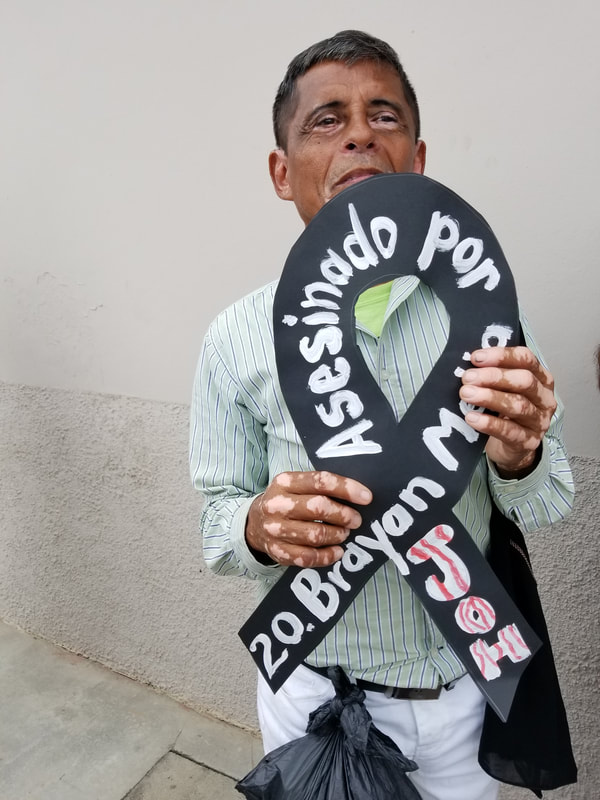
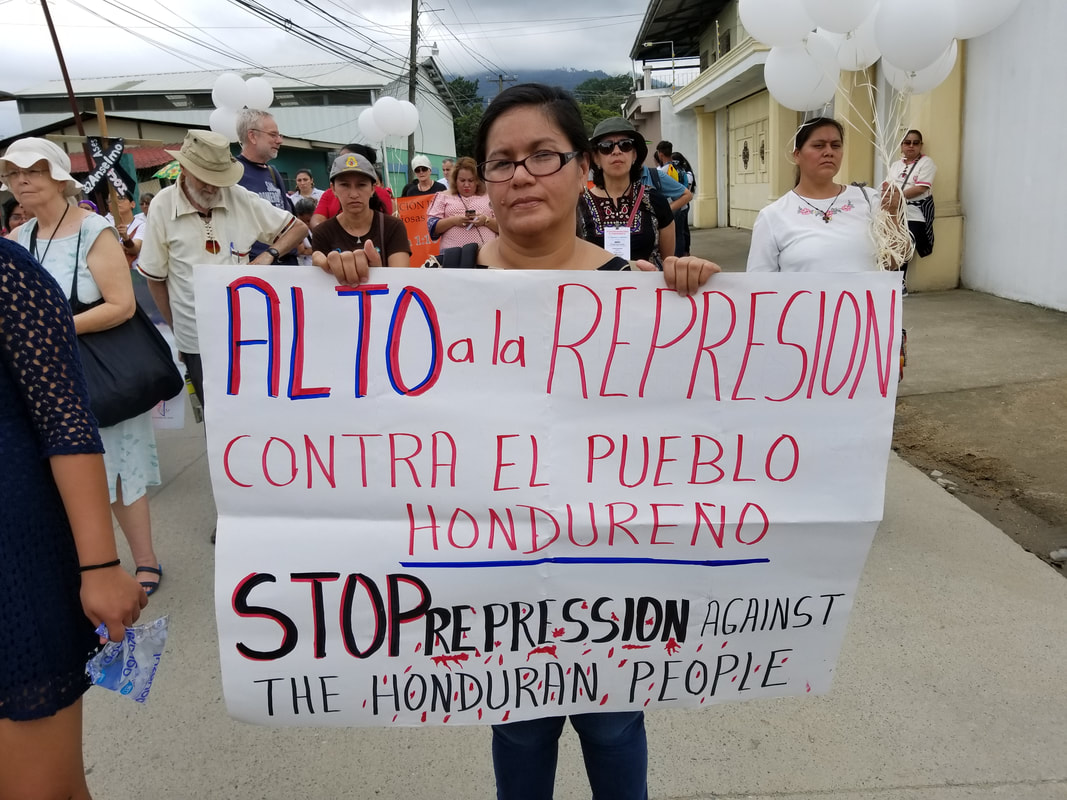
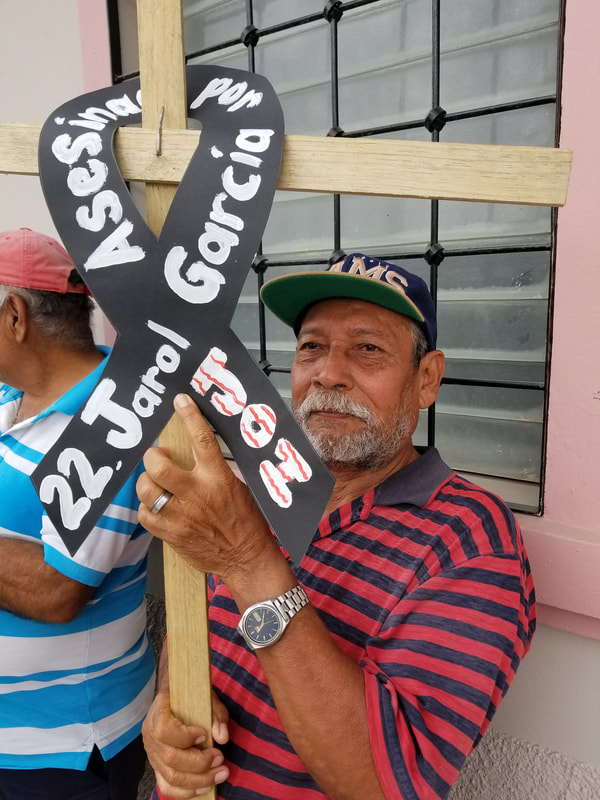
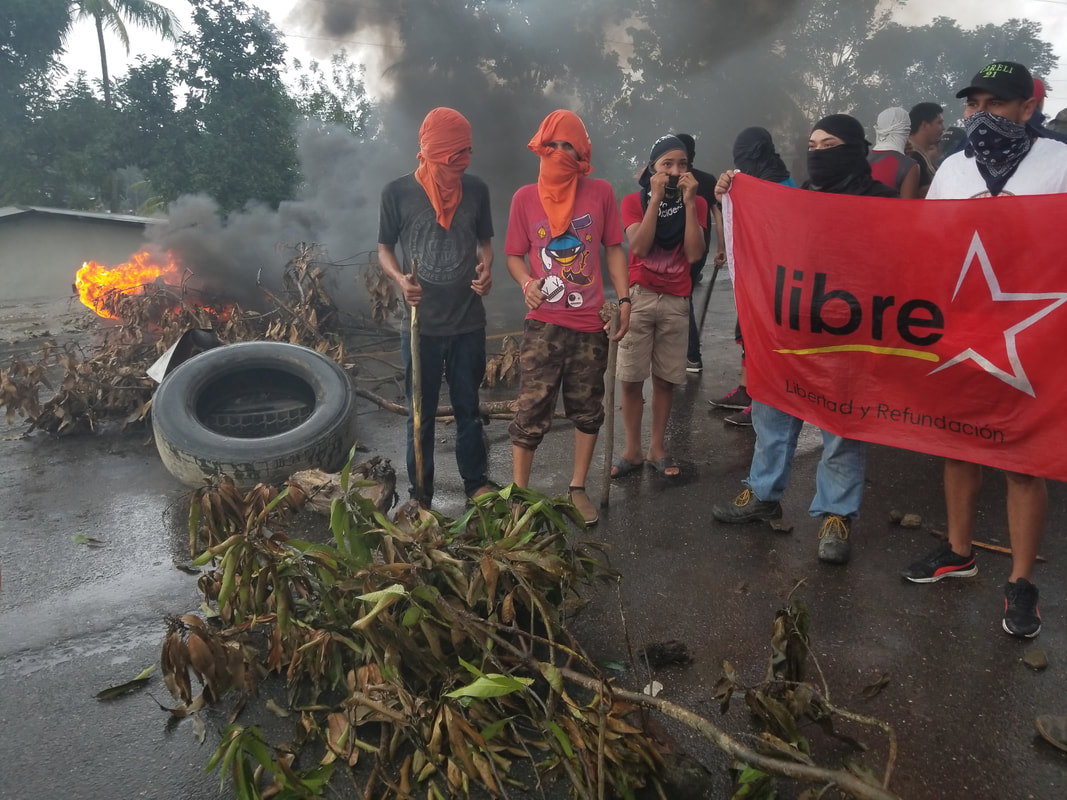
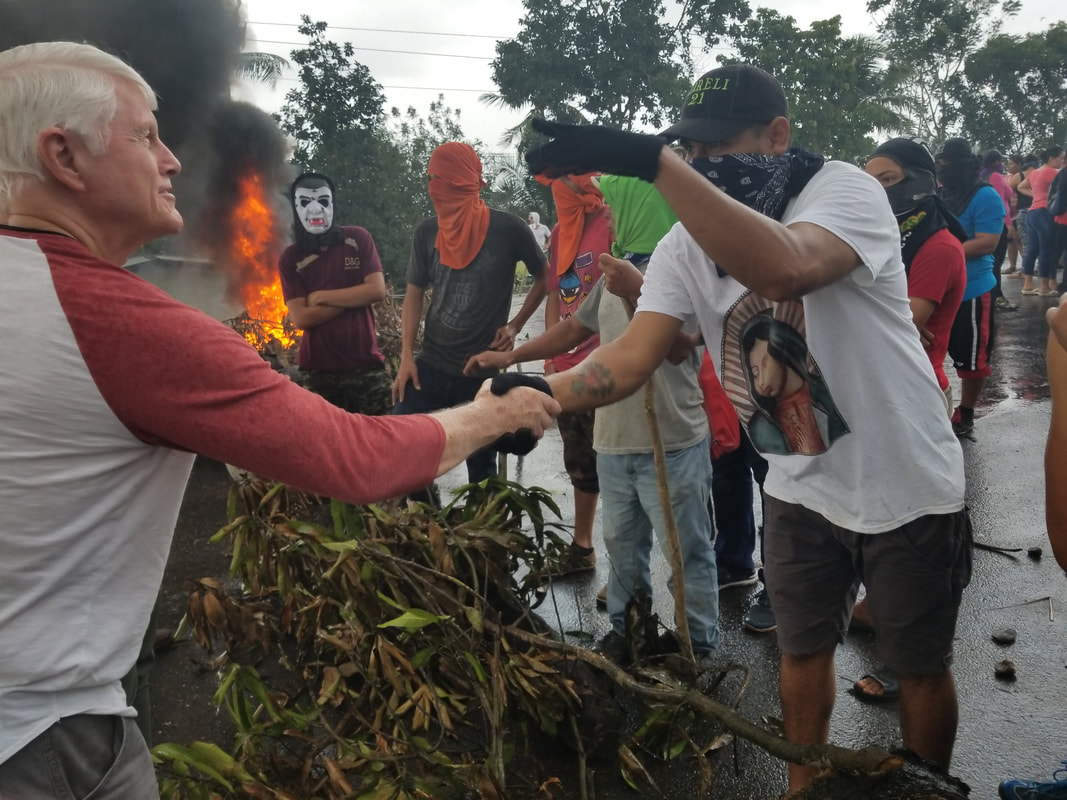
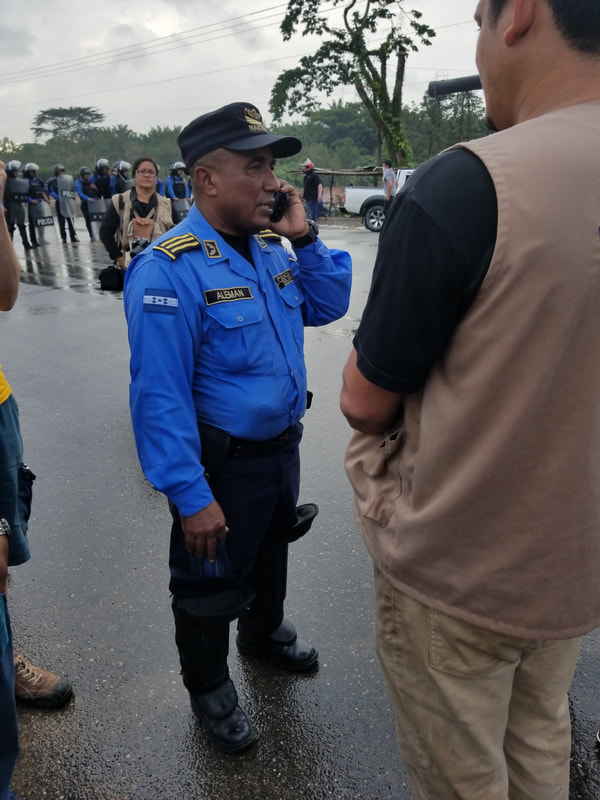
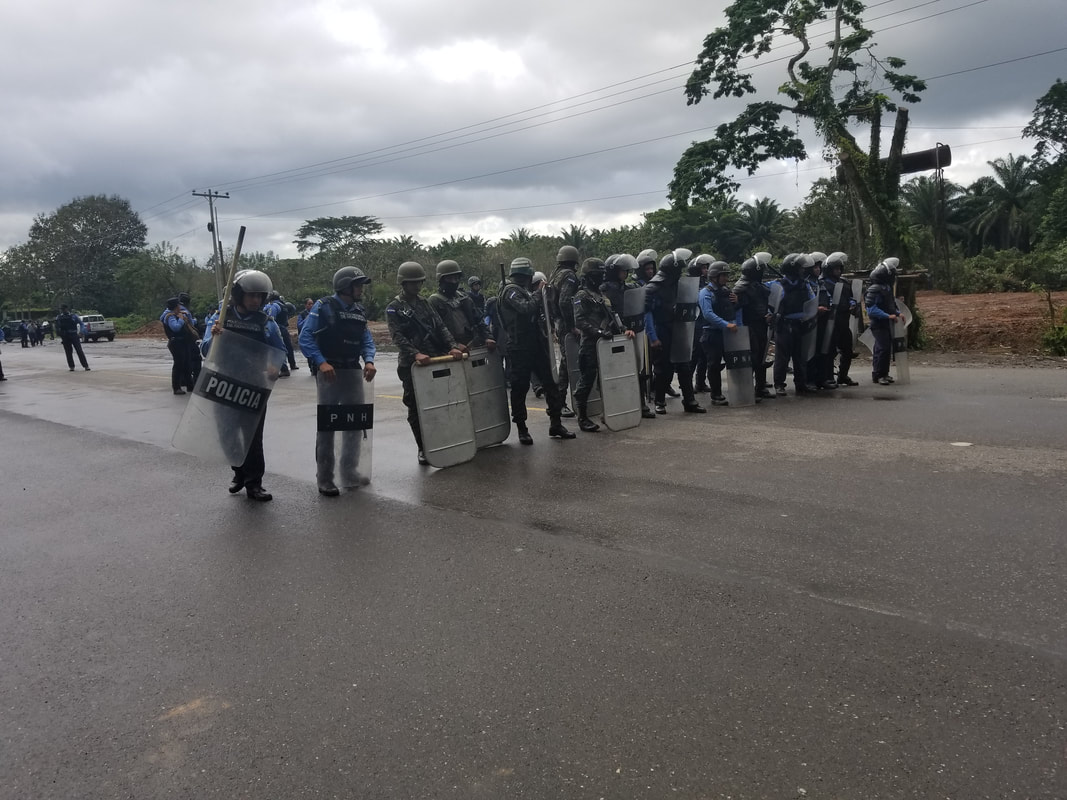
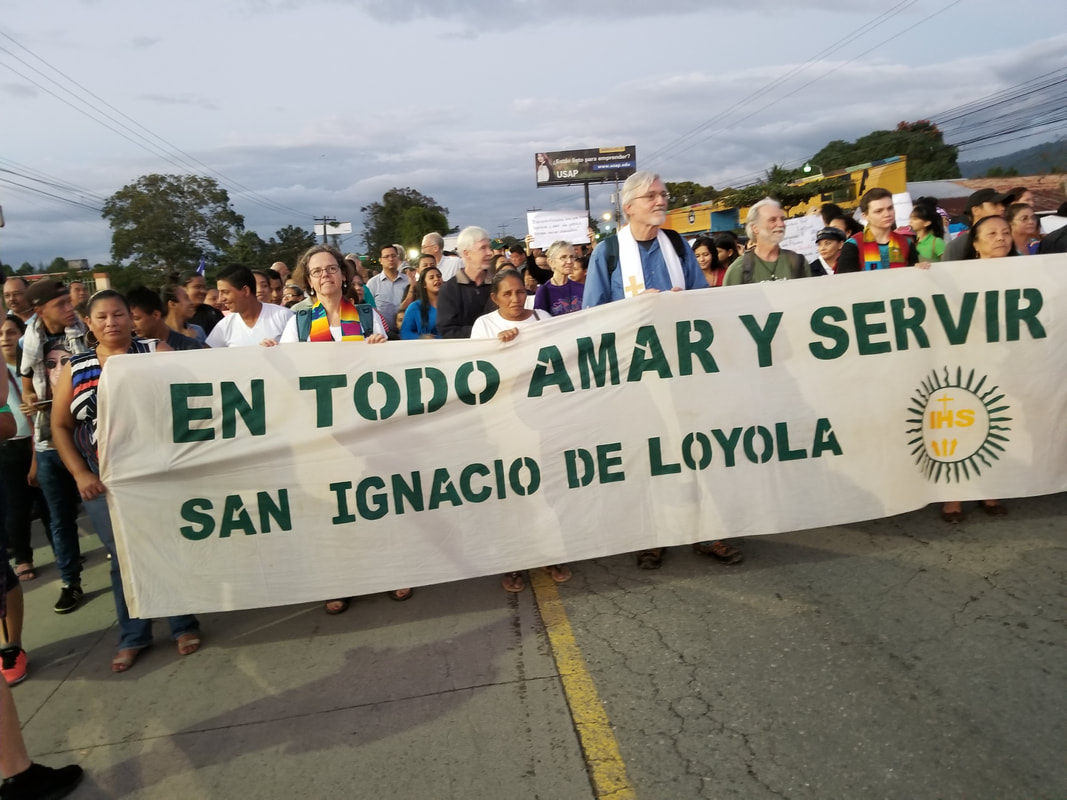
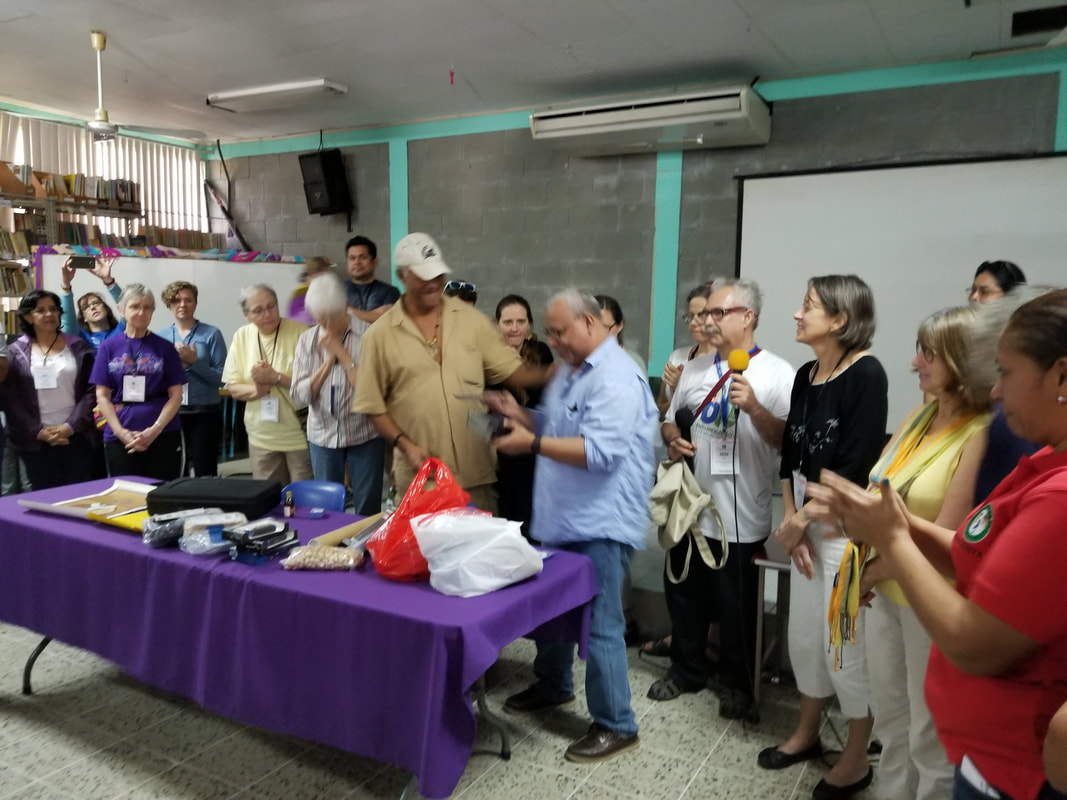
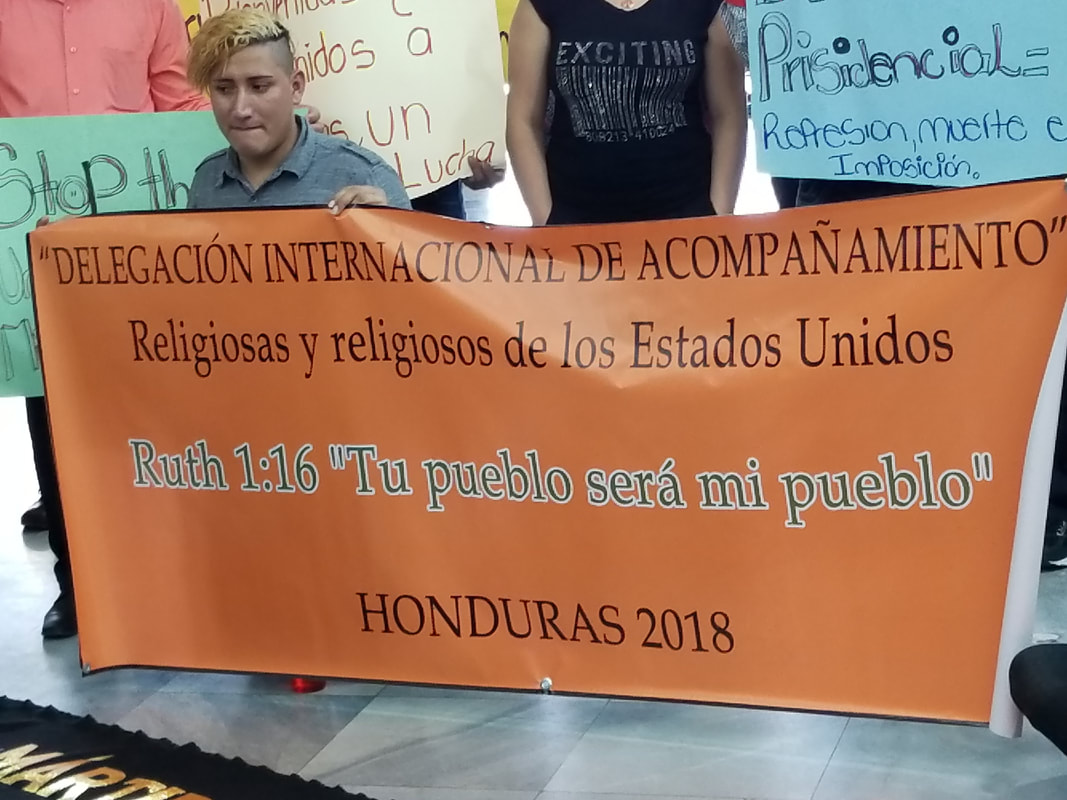
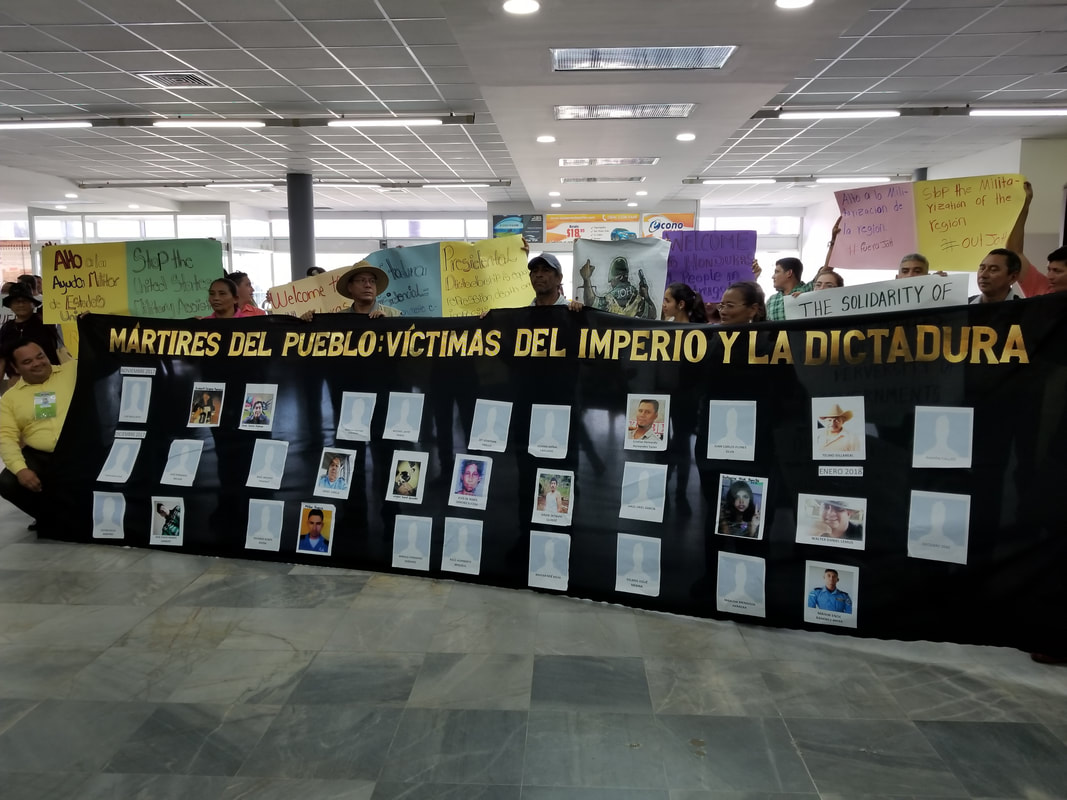
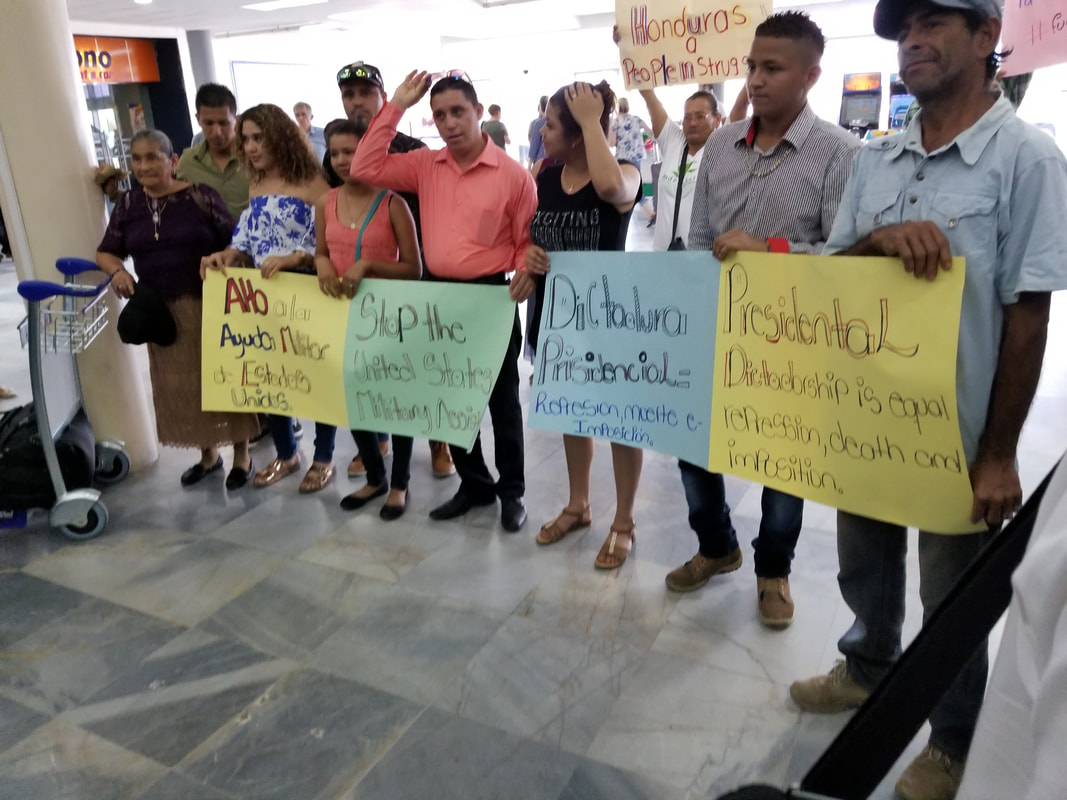
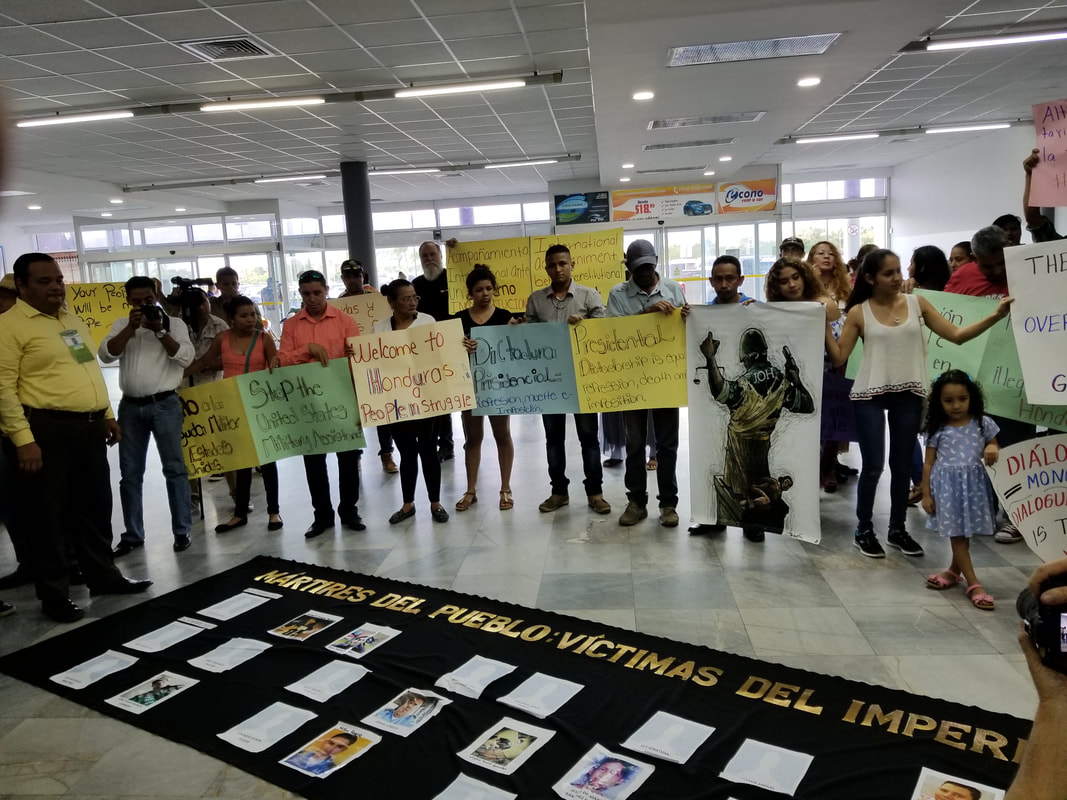
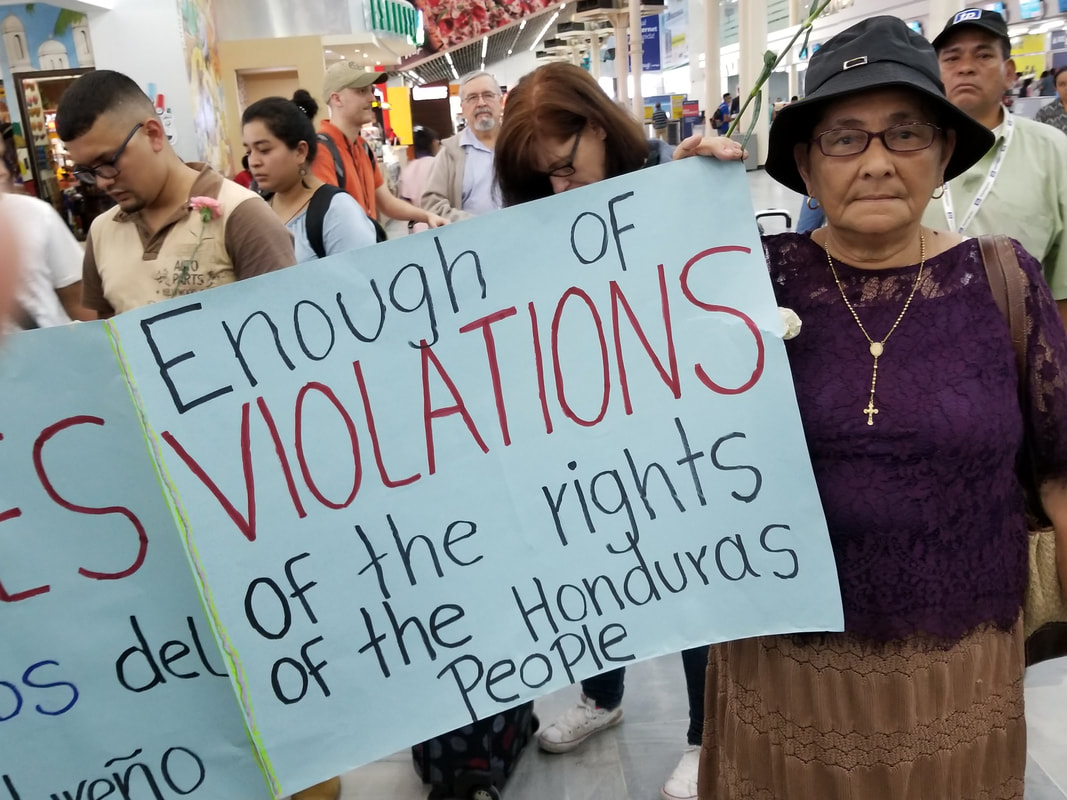
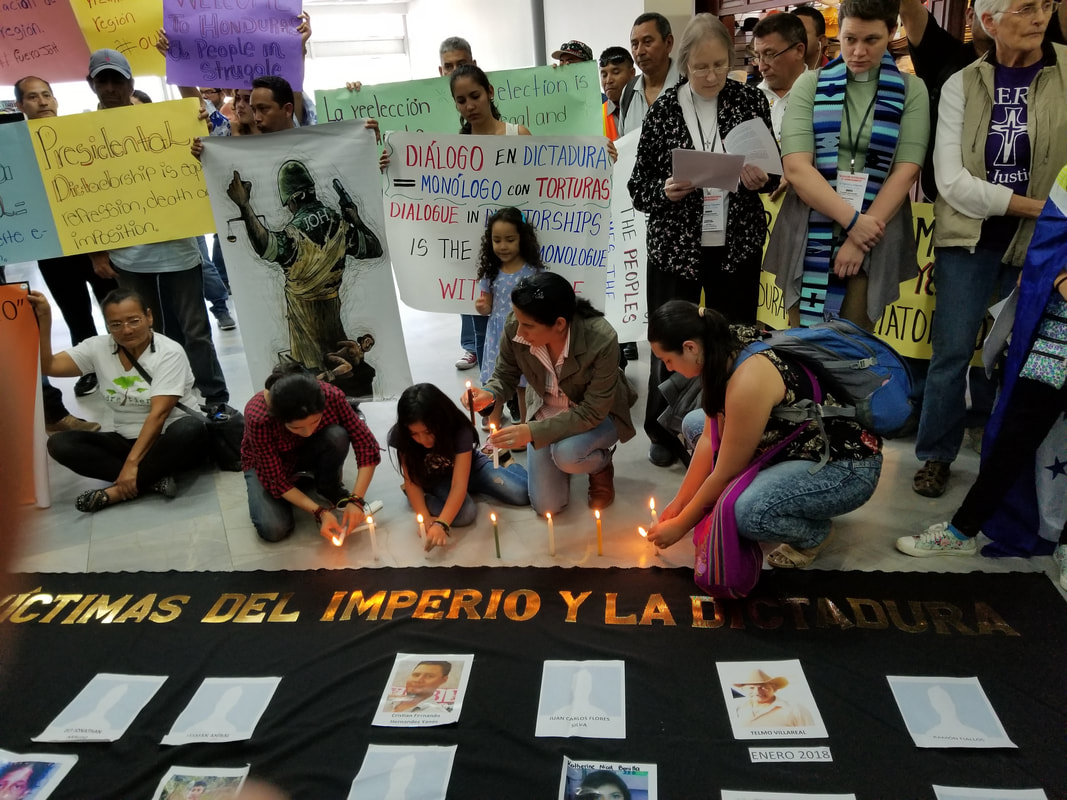
 RSS Feed
RSS Feed